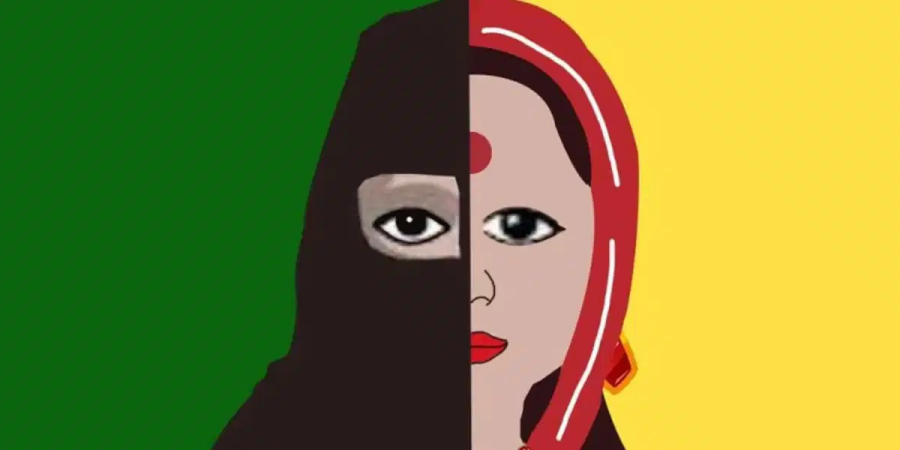

"Love Jihad" is a term that has stirred significant controversy in India, often discussed in political, social, and cultural contexts. It is used by some right-wing groups, particularly affiliated with the Rashtriya Swayamsevak Sangh (RSS) and its allied organizations, to allege that Muslim men are systematically targeting Hindu women for marriage and conversion to Islam. This concept, however, has been widely debated, with critics dismissing it as a propaganda tool, while proponents argue it addresses genuine social concerns.
The term "Love Jihad" gained prominence in the early 2000s and has since been invoked in various regions of India, particularly in states like Uttar Pradesh, Kerala, and Karnataka. It suggests that interfaith marriages involving Hindu women and Muslim men are part of a deliberate strategy to alter the demographic composition of India.
Proponents claim that the alleged "Love Jihad" campaigns are funded and orchestrated to undermine Hindu culture. This narrative has been amplified through social media, political speeches, and popular discourse.
The RSS, as an ideological parent organization to several Hindu nationalist groups, has been a vocal supporter of campaigns promoting Hindu identity and culture. Its affiliated organizations, like the Vishwa Hindu Parishad (VHP) and Bajrang Dal, have often led campaigns against interfaith relationships, citing concerns over demographic changes and cultural preservation.
Critics argue that the RSS uses "Love Jihad" as a propaganda tool to polarize communities and consolidate Hindu votes in politically sensitive regions. By framing interfaith marriages as a threat to Hindu women and culture, such narratives can deepen communal divides and strengthen the political influence of the RSS and its allied parties.
Despite the widespread discourse around "Love Jihad," investigations by police and central agencies in India have repeatedly failed to provide evidence supporting the existence of an organized campaign. For example:
However, several state governments, especially the ones ruled by BJP, influenced by the narrative, have passed or proposed laws regulating interfaith marriages. These laws often mandate prior approval from authorities for religious conversions or marriages between people of different faiths, a move criticized as targeting specific communities.
The RSS and its affiliates argue that their campaigns aim to protect Hindu women and culture from exploitation. They claim that their focus is not on opposing interfaith marriages per se but on addressing cases where coercion or deceit is involved. However, this justification has been contested, as most allegations of "Love Jihad" lack evidence of coercion or deceit.
The "Love Jihad" debate highlights the interplay between religion, politics, and personal freedoms in India. While some see it as a legitimate concern about preserving cultural identity, others view it as a divisive propaganda tool aimed at stoking fear and mistrust.
Whether "Love Jihad" is propaganda by the RSS depends on one's perspective. Critics see it as a narrative constructed to serve political objectives, while supporters regard it as addressing genuine concerns about religious conversions and cultural preservation. What remains undeniable, however, is the need for balanced discourse that respects individual freedoms while fostering communal harmony in India's diverse society.
